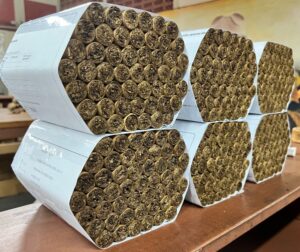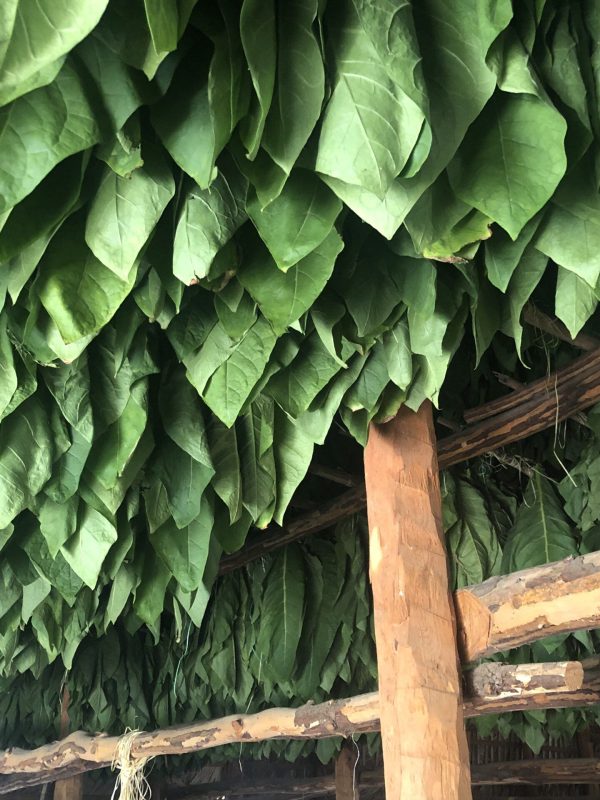
White Label vs. Private Label Cigars: What’s the Difference?
The cigar business is full of opportunities for creating and selling unique products. Two popular options for starting a cigar brand are white label and private label cigars. These terms may sound similar, but they mean very different things. Knowing the difference will help you choose the right approach for your business. What Are White Label Cigars? White label cigars are pre-made products you can rebrand and sell as your own. The manufacturer controls the blend, quality, and design. Your job is to add your branding and market the cigars. Benefits of White Label Cigars Simple Setup: No need to develop your own blends or manage production. Quick to Market: Ready-made products mean faster sales. Lower Cost: Ideal for small budgets or startups. Drawbacks of White Label Cigars Limited Options: You can’t customize the blend or design. Shared Products: Other brands might sell the same cigars. Less Unique: Customers might notice the lack of originality. What Are Private Label Cigars? Private label cigars are made just for you. You work with the manufacturer to create a custom blend, choose tobaccos, and design your packaging. This gives you a product that’s exclusive to your brand. Benefits of Private Label Cigars Full Control: Customize every detail, from flavor to packaging. Exclusive Products: Your cigars stand out in the market. Premium Pricing: Unique products often allow for higher prices. Drawbacks of Private Label Cigars Takes Longer: Customizing your product takes more time. Higher Upfront Costs: You’ll need to invest more money. More Involvement: The process requires your active input. Key Differences Between White Label and Private Label Cigars Feature White Label Cigars Private Label Cigars Customization Minimal Extensive Exclusivity Shared products Unique products Development Time Fast Slower Cost Lower Higher Control Limited Complete Which Approach Is Right for Your Business? Your choice depends on your goals, budget, and market. Here are some tips: Go with White Label Cigars if: You need a quick and simple way to start selling. You’re working with a small budget. Customization isn’t a priority. Choose Private Label Cigars if: You want a unique product that’s entirely yours. You’re ready to invest time and money. Your goal is to build a high-end brand. How Bespoke Cigar Co. Can Help We offer both white label and private label cigar services to fit your needs: For White Label Clients: Get access to premium cigars that are ready for your branding. For Private Label Clients: Work with our experts in Estelí, Nicaragua, to create a custom product that matches your vision. White label and private label cigars are both great options for building a cigar brand. The key is choosing the one that matches your goals. At Bespoke Cigar Co., we’re here to help you succeed, whether you need ready-made cigars or a custom creation. Contact us today to get started.



